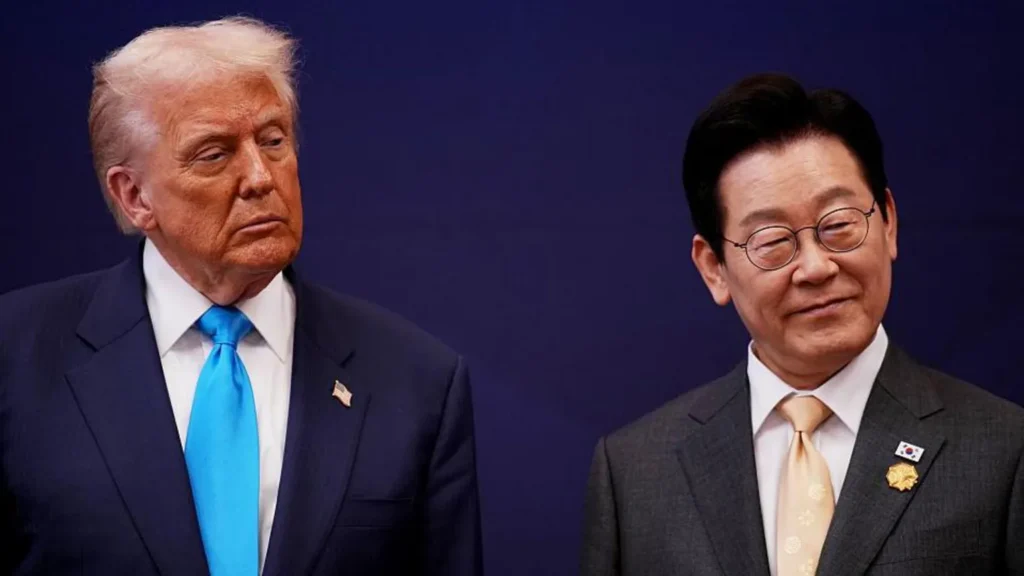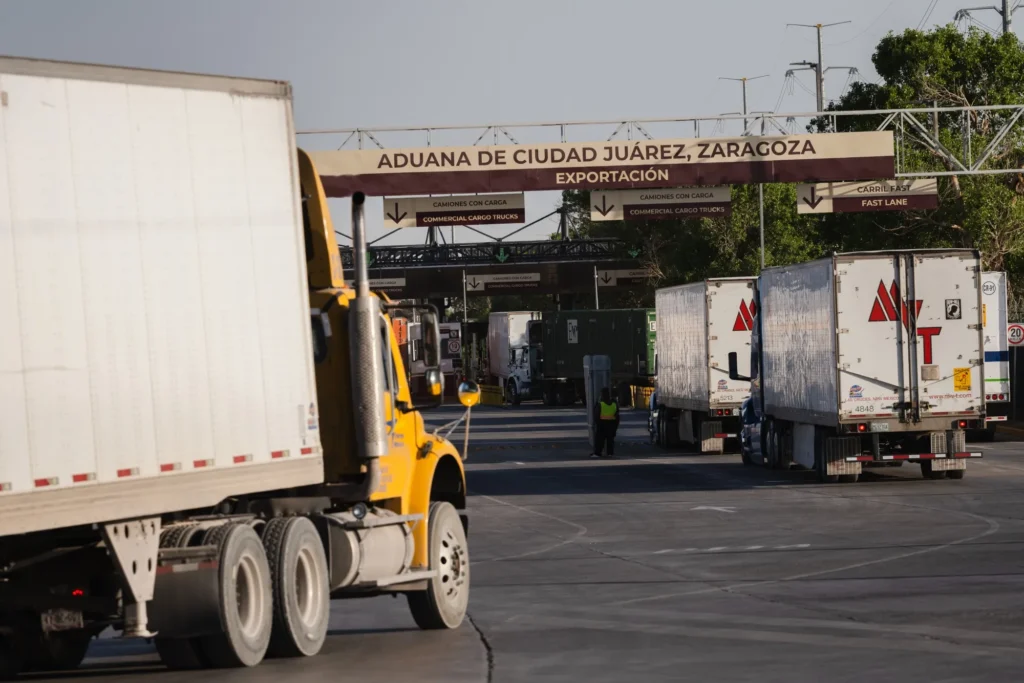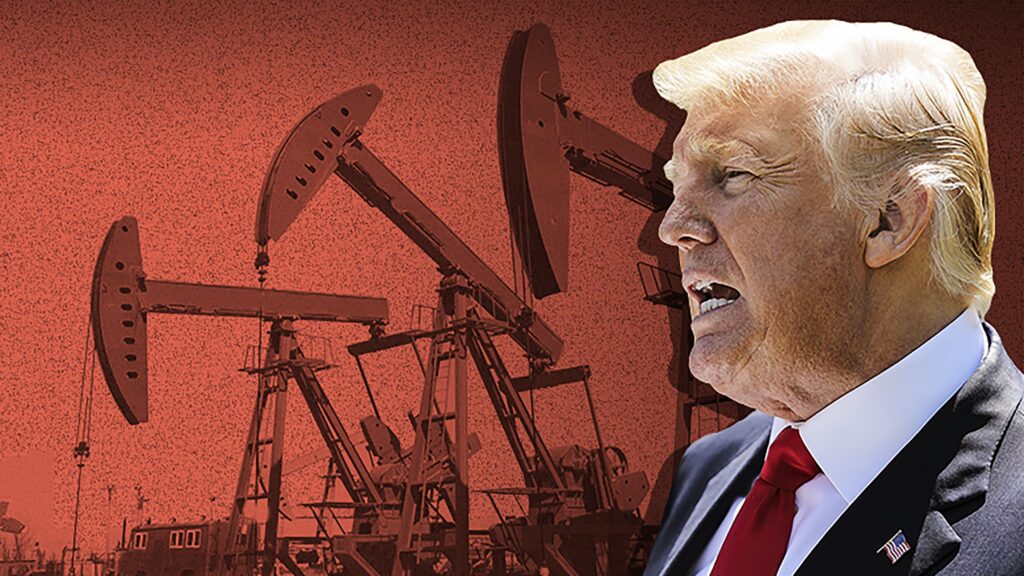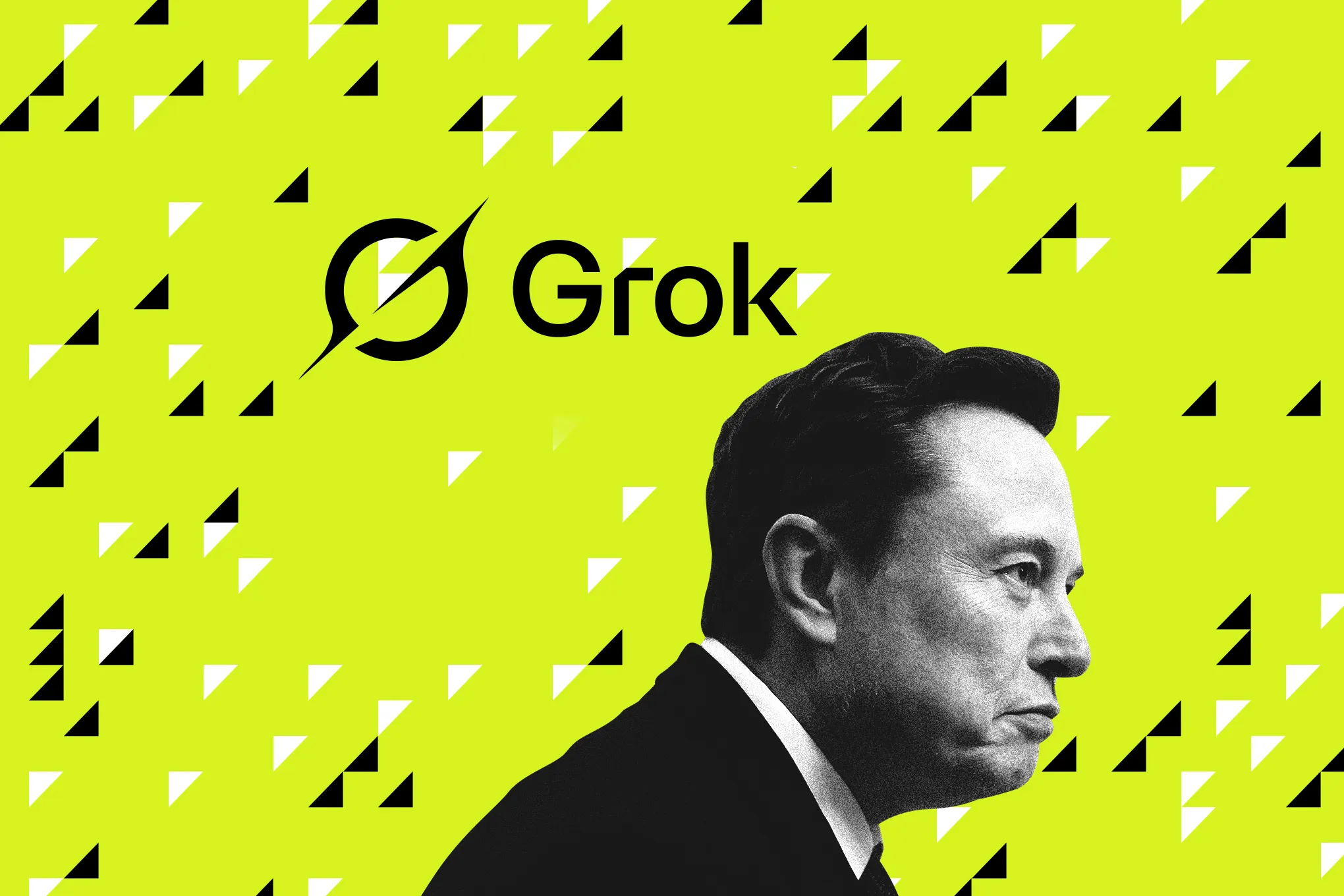Trump Team Seeks Release of Epstein Grand Jury Records — Here’s What Could Happen Next
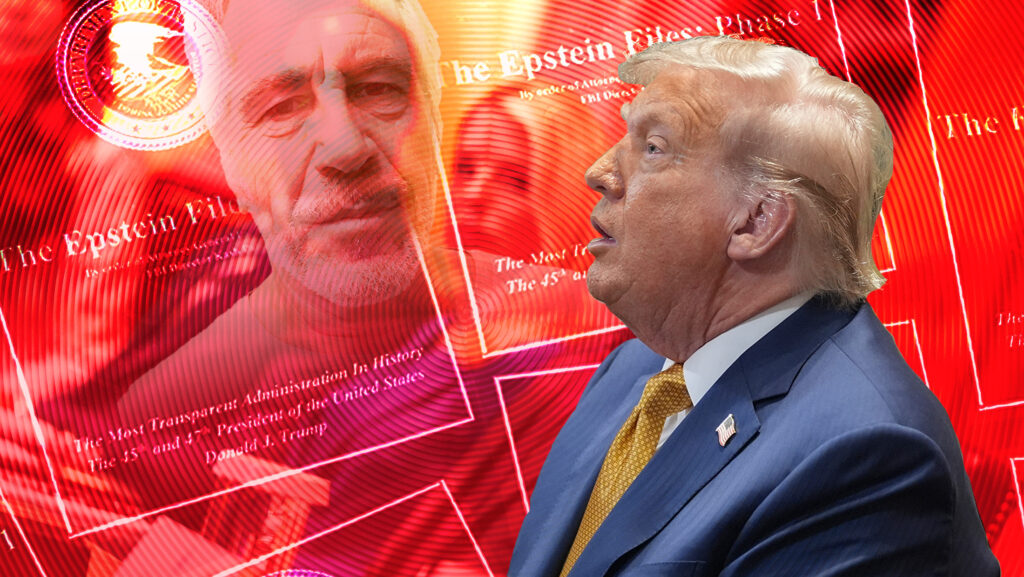
In a surprising move, officials aligned with the Trump administration have formally requested the unsealing of grand jury records related to the late financier and convicted sex offender Jeffrey Epstein. The request, filed in federal court, seeks access to testimony, evidence, and sealed proceedings that have remained confidential since the original investigations.
The Trump camp argues that transparency is necessary to expose alleged prosecutorial misconduct and potential political cover-ups surrounding Epstein’s network of associates. Legal experts note, however, that grand jury materials are typically protected under strict federal secrecy rules, and releasing them would require a judge to determine that the public interest outweighs longstanding confidentiality protections.
If granted, the release could send shockwaves through political and social circles, as the files may contain sensitive information about high-profile individuals previously linked to Epstein’s circle. It could also reignite legal debates over the role of the justice system in shielding elite figures from accountability.
So, what happens next? The court will now consider legal arguments from all sides, including potential objections from the Department of Justice, Epstein’s former associates, and privacy advocates. A ruling could take weeks or months, and any disclosure would likely be heavily redacted to protect identities and ongoing investigations.
For now, the request adds a new and politically charged dimension to the ongoing efforts to unravel the full scope of Epstein’s influence—and who knew what, and when.



